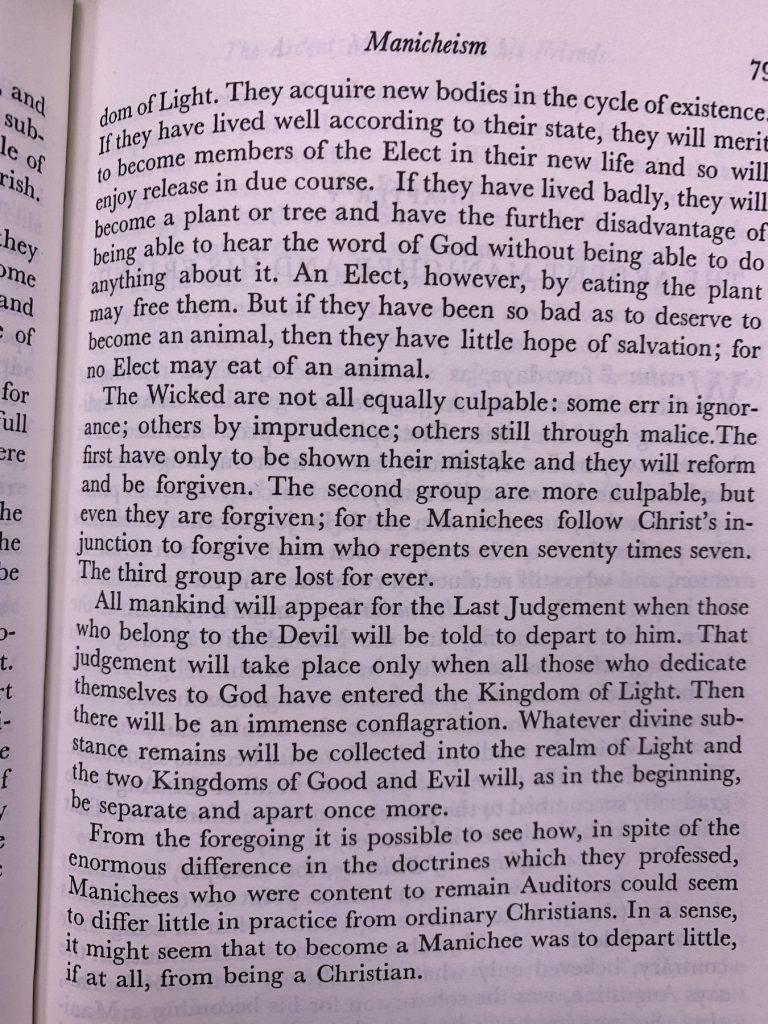Rob Bell commits the common “word-concept” fallacy in respect to singling out the word “hell.”
The word-concept fallacy is the assumption that studying a word (or phrase) means having studied the entire biblical concept.
This is also called the “concordance” method of interpretation. One should not simply open up a concordance and finger down the page looking for usages of a single word and stop there. It can be a beginning point for study, but word (or concept) studies should not end there. There is an important difference between studying a biblical concept and studying the range of meanings of a single word.
For example, if we want to learn what the Bible teaches about the concept of love, it would be a mistake to restrict our study to only the single word agape because there are many terms that describe different aspects of love. We need to take Scripture in a normal, natural, contextual sense and recognize synonyms and other similar phrases that describe a concept rather than collapsing an entire concept into one word.
Moisés Silva gives this additional example: “A very important passage on the subject of hypocrisy is Isaiah 1:10—15, but the student suckled at the concordance would never find [the word “hypocrisy”]; instead, he would come to an unrefined understanding of the topic.” Biblical Words and Their Meaning: An Introduction to Lexical Semantics, rev. ed. (Grand Rapids: Zondervan, 1994), 27. See also D.A. Carson, “Word-Study Fallacies,” in Exegetical Fallacies, 2nd ed. (Grand Rapids: Baker Books, 1996), 27—64.



